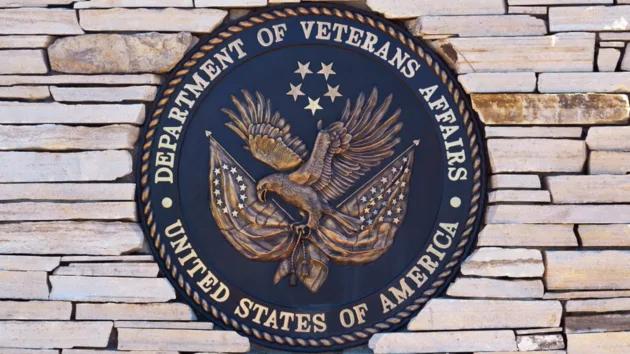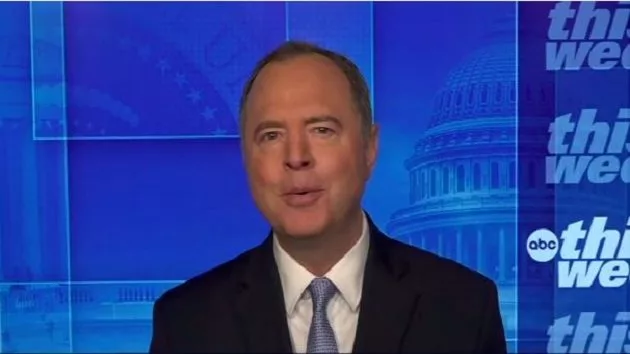
(AUSTIN, Texas) — A bill described as “anti-vaccine” is moving through the Texas legislature and could give lawmakers the power to make decisions about vaccines in schools rather than doctors or administrators.
SB 1024, which was recently passed by a Senate committee — and will soon be voted on by the Texas Senate and the House — could limit schools and local health departments from being able to require or recommend immunizations.
While the proposed legislation mainly focuses on ending COVID-19 restrictions and barring COVID-19 vaccine requirements, public health experts say it could have implications for any kind of vaccine.
The bill states “every child shall be immunized against diphtheria, hepatitis A, hepatitis B, measles, meningococcal disease, mumps, pertussis, polio, rubella, tetanus, and varicella” but not any other disease.
This language could apply to vaccines that are currently in development or for shots that don’t yet exist.
What’s more, legislators would be able to decide whether to add or remove vaccines that are required for students in kindergarten through 12th grade in Texas.
“This is a very concerning trend because it’s not just about COVID,” Dr. Peter Chin-Hong, an infectious disease specialist at the University of California, San Francisco, told ABC News. “It’s not even just about future pandemics, although that’s worrisome as well.”
“It’s a now thing and it will have immediate potential implications by cherry-picking who gets vaccinated and who gets mandated and how much of the population is protected against diseases.”
Chin-Hong said diseases considered to be eliminated from the United States due to vaccines have cropped up in recent years, including several outbreaks of measles and a recent case of polio identified in New York last year.
Health experts say that COVID-19 vaccines are safe and effective and that the bill is the most recent example of a trend of anti-vaccine legislation that has swept the country.
“There is no doubt…that the COVID vaccines are an extraordinary triumph,” Dr. William Schaffner, a professor of preventive medicine at Vanderbilt University Medical Center, told ABC News. “They’ve been very effective, particularly in preventing severe disease, a kind that requires hospitalization, intensive care unit admission, and could lead to death.”
Schaffner continued, “They’ve been used in millions of people around the world. They’re no longer new. They’re no longer experimental. They’re really very solidly established vaccines.”
He said bills like this cast doubt on public health experts and further erode public trust.
The bill authored by Republican State Senator Lois Kolkhorst, who is the chairwoman of the Senate Health and Human Services Committee, which just passed the bill.
If the bill is passed and signed into law, it would go into effect Sept. 1, 2023.
Kolkhorst’s office did not immediately return ABC News’ request for comment, but this is not the first bill she’s introduced regarding vaccine restrictions.
One bill, SB 1025, prohibits the use of vaccine passports to certify vaccination status and would implement a tracking system for adverse events following the administration of vaccines and booster doses.
Another bill, SB 1026, prevents governments, courts, schools and employers from requiring proof of COVID-19 vaccination and from discrimination based on COVID-19 vaccination status.
Copyright © 2023, ABC Audio. All rights reserved.





